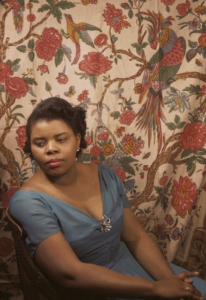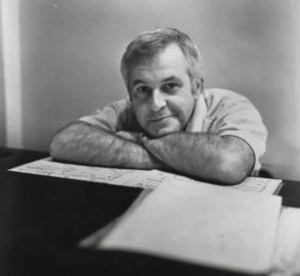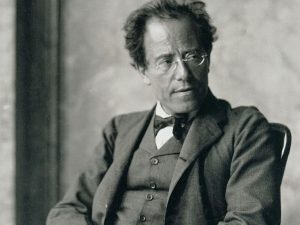Podcast: Play in new window | Download (Duration: 1:23:54 — 90.4MB) | Embed
Subscribe: Spotify | TuneIn | RSS | More
This Listeners’ Favorites episode serves a dual purpose: first it is a celebration the publication this week of my partner David Savran’s new book, Tell It to the World: The Broadway Musical Abroad, by Oxford University Press. (I’ll be doing two episodes with David on this book in March in conjunction with the book launch.) Second, David introduces us to one of his favorite Countermelody episodes, a 2021 Black History Month celebration of the life, voice, and career of the great African American contralto Carol Brice (1916-1985), whose career encompassed both Broadway and opera. It’s that very versatility that most attracted David to Brice’s work. He describes to us his first exposure to a variety of her recordings, from Falla to Finian’s Rainbow. I myself first heard Carol Brice in her recording of “Sweet Little Jesus Boy,” which exemplifies all her musical virtues: simplicity and directness of utterance, lack of sentimentality, and deep identification with both text and music. Add to this a voice of such depth and refinement and a technique so secure that she is almost without equal. From her early career outings as the first African American to win the coveted Naumburg Award, through her appearances on the Broadway stage and in Porgy and Bess, Carol Brice brought an emotional honesty to her performances such as is rarely encountered in any field of genre. On this episode I feature her in a wide range of live and commercial recordings from Marc Blitzstein’s Regina to concert pieces by Brahms and Mahler, focusing in particular on a matchless 1947 song recital with her brother Jonathan Brice as her collaborator. Brice’s second husband, the baritone Thomas Carey is also featured in a pair of recordings. Thank you, David, for re-introducing my listeners to this great artist, and congratulations on your monumental new book!
Countermelody is a podcast devoted to the glory and the power of the human voice raised in song. Singer and vocal aficionado Daniel Gundlach explores great singers of the past and present focusing in particular on those who are less well-remembered today than they should be. Daniel’s lifetime in music as a professional countertenor, pianist, vocal coach, voice teacher, and journalist yields an exciting array of anecdotes, impressions, and “inside stories.” At Countermelody’s core is the celebration of great singers of all stripes, their instruments, and the connection they make to the words they sing. By clicking on the following link (https://linktr.ee/CountermelodyPodcast) you can find the dedicated Countermelody website which contains additional content including artist photos and episode setlists. The link will also take you to Countermelody’s Patreon page, where you can pledge your monthly support at whatever level you can afford.


